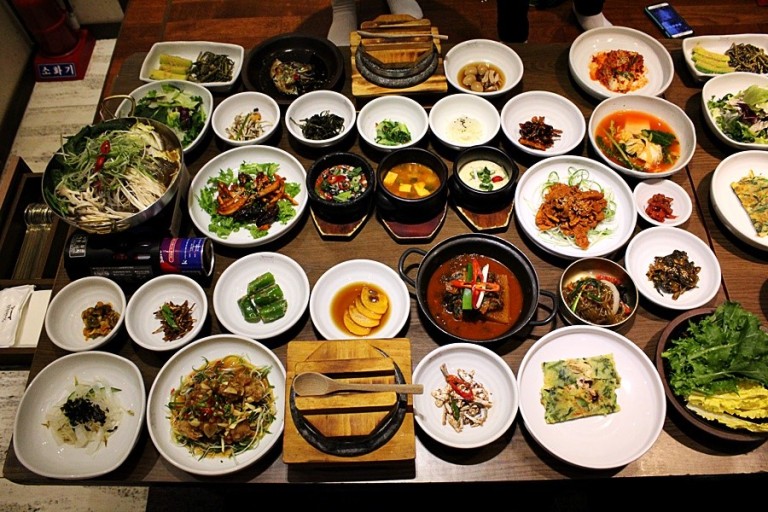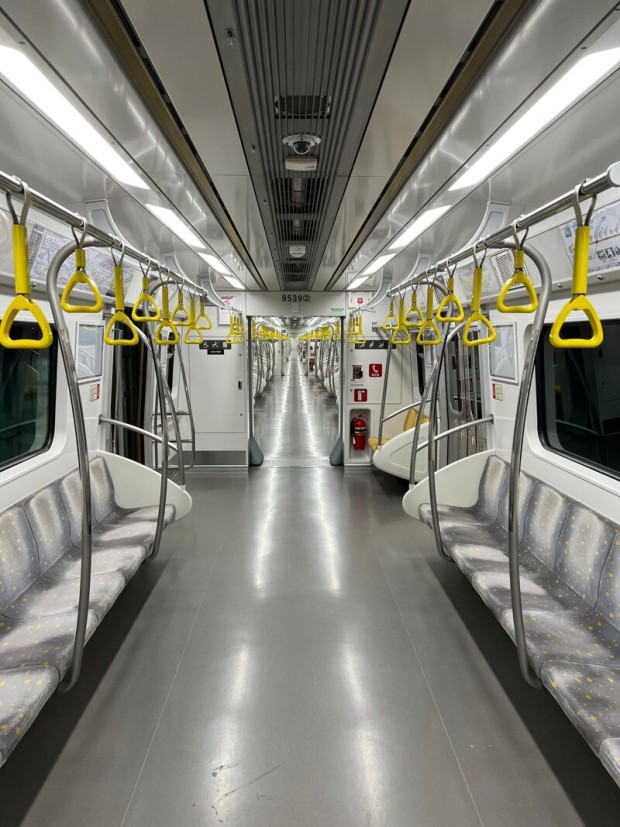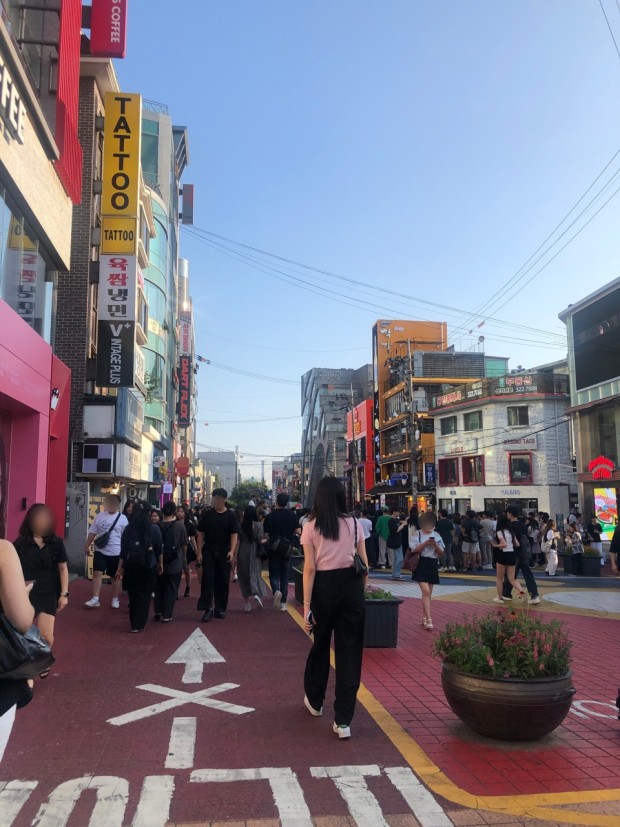
Traveling to a new country is always exciting, but understanding the local customs can make your experience even more enriching. South Korea, with its rich culture and traditions, is no exception. To help you navigate social situations with ease, I’ve put together a guide on Korean etiquette that will enhance your trip to Seoul and beyond.
1. Greeting Customs
In Korea, greetings are an important aspect of social interaction.
| Gesture | Explanation |
|---|---|
| Bowing | A slight bow is customary when meeting someone, especially for the first time or when greeting elders. It’s a sign of respect. |
| Handshakes | Common among men; often accompanied by a bow. Use your right hand supported by your left at the wrist or forearm. |
| Addressing | Use titles and family names unless invited to use first names. For example, “Mr. Kim” or “Manager Lee.” |
2. Dining Etiquette

Sharing a meal is a significant part of Korean culture.
| Tip | Details |
|---|---|
| Wait Before Eating | Begin your meal only after the eldest person starts eating. |
| Use of Utensils | Chopsticks and spoons are used. Don’t stick chopsticks upright in your rice bowl—it’s considered bad luck. |
| Pouring Drinks | Pour drinks for others first, especially for those older than you. Use both hands when pouring and receiving. |
| Eating Pace | Try to eat at a similar pace as others. Finishing too quickly or slowly can be impolite. |
3. Respect for Elders
Age and hierarchy are important in Korean society.
- Language: Use polite forms when speaking to someone older.
- Seating: Allow elders to sit first and offer them the best seat.
- Walking: Let older people walk ahead of you.
4. Gift Giving

If you’re invited to a Korean home, bringing a small gift is appreciated.
| Gift Ideas | Notes |
|---|---|
| Fruit or Chocolates | High-quality or imported varieties are preferred. |
| Flowers | Avoid red ink on cards and white flowers, which are for funerals. |
| Avoid Gifts in Sets of Four | The number four is considered unlucky in Korea. |
5. Public Behavior
Politeness in public spaces is valued.
| Do | Don’t |
|---|---|
| Speak Softly | Avoid Loud Conversations or Phone Calls |
| Stand on the Right on Escalators | Don’t Push in Crowded Places |
| Dispose of Trash Properly | Avoid Littering; Bins May Be Scarce, So Hold Onto Trash Until You Find One |
6. Dress Code
Appearance matters in Korea, especially in urban areas like Seoul.
| Do | Don’t |
|---|---|
| Dress Neatly and Modestly | Avoid Revealing Clothing (e.g., low-cut tops) |
| Wear Comfortable Shoes | Don’t Wear Shoes Indoors (remove them when entering homes and traditional restaurants) |
7. Tipping Culture
Tipping is not customary and can even be refused.
| Service | Tipping Practice |
|---|---|
| Restaurants | Not expected; some upscale places include a service charge. |
| Taxis | No tip required; fares are calculated precisely. |
| Hotels | Bellhops and staff do not expect tips. |
8. Transportation Etiquette

Public transport is efficient and widely used.
| Do | Don’t |
|---|---|
| Offer Seats to Those in Need | Avoid Sitting in Priority Seats (reserved for elderly, pregnant, disabled) |
| Queue Politely | Don’t Push or Cut in Line |
| Keep Noise Levels Low | Avoid Eating or Drinking on Public Transport |
9. Communication Tips
Even basic efforts to speak Korean are appreciated.
| Phrase | Korean | Pronunciation | Meaning |
|---|---|---|---|
| Hello | 안녕하세요 | Annyeonghaseyo | Greeting |
| Thank You | 감사합니다 | Gamsahamnida | Showing gratitude |
| Excuse Me | 실례합니다 | Sillyehamnida | Getting attention politely |
| Yes / No | 네 / 아니요 | Ne / Aniyo | Affirmative / Negative |
10. Business Etiquette
If you’re in Korea for business, certain protocols apply.
| Tip | Details |
|---|---|
| Business Cards | Present and receive with both hands; take a moment to read it. |
| Punctuality | Being on time is important; arrive a few minutes early. |
| Formal Attire | Dress conservatively in professional settings. |
11. Social Etiquette

Understanding social norms will enhance your interactions.
- Beckoning Gesture: Wave with your palm down to call someone over.
- Touching: Avoid excessive physical contact, especially with the opposite gender.
- Personal Space: Koreans may stand closer in lines or crowds; this is normal.
12. Cultural Sensitivities
Be mindful of local customs and traditions.
| Do | Don’t |
|---|---|
| Respect Religious Sites | Don’t Take Photos Where Prohibited |
| Follow Photography Etiquette | Avoid Pointing at People with Your Finger |
| Show Appreciation for Korean Culture | Don’t Criticize or Compare Negatively to Other Cultures |
Final Thoughts
Embracing Korean etiquette is more than just following rules; it’s about showing respect and openness to a new culture. Koreans are gracious hosts and appreciate when visitors make an effort to understand their customs. Keep these tips in mind, and your journey through Seoul and Korea will be even more rewarding.
Have you experienced Korean hospitality or have questions about local customs? Share your stories and inquiries in the comments below!
Leave a Reply